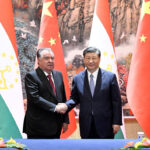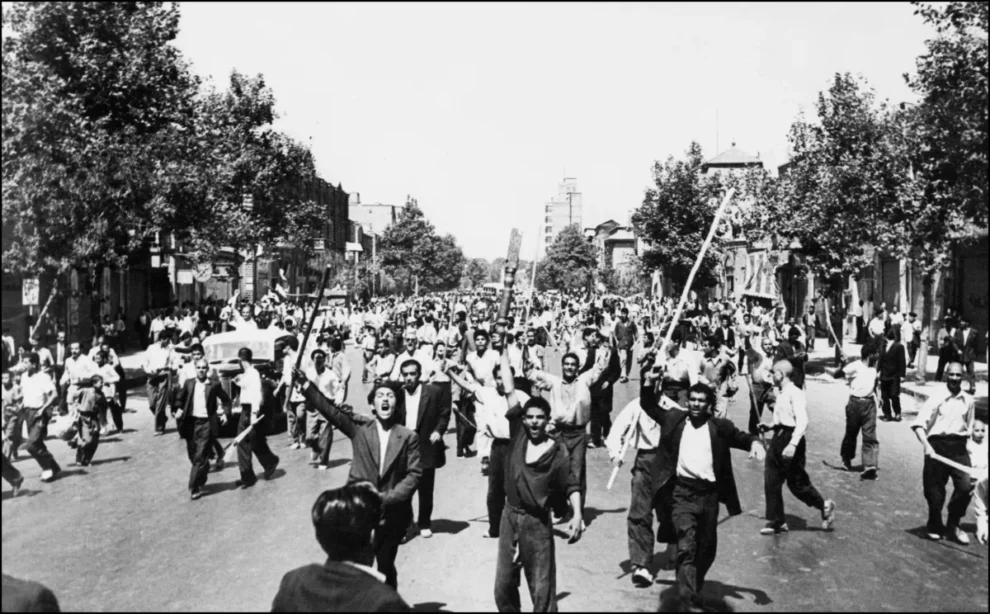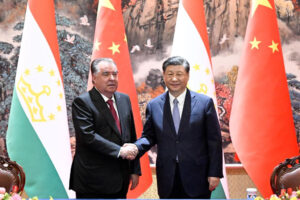The August 1953 coup in Iran is traditionally seen as the most significant episodes of the early Cold War, a landmark in U.S. covert interventions in the Global South, and a watershed moment in the political history of modern Iran. While the United States supported the operation to unseat prime minister Mohammad Mosaddeq and replace him with a new government led by Iran’s shah, Mohammed Reza Pahlavi, revisionist scholars such as historian Ray Takeyh and Darioush Bayandor, a former Iranian diplomat, argue that it was primarily an Iranian affair, with the U.S. playing as secondary or, in some accounts, a negligible role.
It is true that Mosaddeq would not have fallen from power without actions undertaken by Iranians. But it is misleading to elide the U.S. role in the coup, the memory of which continues to continues to haunt U.S.-Iran relations. Even more importantly, the United States played a major role in stabilizing the shah’s post-coup regime. Focusing on the events of August 19 alone obscures Washington’s ultimate aims with the coup: the return of Iran’s oil resources to foreign control, an objective the United States achieved roughly one year after Mosaddeq’s dramatic fall from power.
Following the discovery of oil in 1908, the British-owned Anglo-Iranian Oil Company (AIOC, later renamed British Petroleum, or BP) operated Iran’s oil industry, enjoying almost complete autonomy and sharing little of the resulting wealth with Iran’s government. In April 1951, Iran’s parliament nominated nationalist leader to be the country’s new prime minister. Once in power, Mosaddeq nationalized the country’s British-owned oil industry, promising an end to years of foreign interference in domestic Iranian politics. The nationalization set off an international crisis, with the British government arguing Iran’s action was illegal and placing a blockade on Iran’s oil exports.
The United States supported the British argument but was worried about Iran’s internal stability. The British blockade, enforced with the cooperation of major U.S. oil companies, squeezed Iran’s economy and drained Mosaddeq’s finances. Concerned that such an “oil-less” state would lead Iran to ruin and eventual communist rule, the United States spent two years trying to get Mosaddeq to agree to proposals that would leave Iranian oil in the hands of Western corporations. But Mosaddeq would not surrender control of Iran’s oil industry, even if it meant the immiseration of his government. To end the dispute, reverse nationalization, and preserve Iran from communism, the United States resolved in early 1953 to remove Mosaddeq from power and replace him with a new prime minister, former general Fazlollah Zahedi, with support from the shah.
Source: Foreign Policy











